Thursday September 11, 2025
South African influencers under fire for promoting Russian war jobs
The Daily Telegraph
South African influencers are facing scrutiny for promoting Russia's Alabuga Start Programme to millions of followers on their social media platforms. Graphika Senior Investigator Jean le Roux shared his take with The Daily Telegraph.






















































































